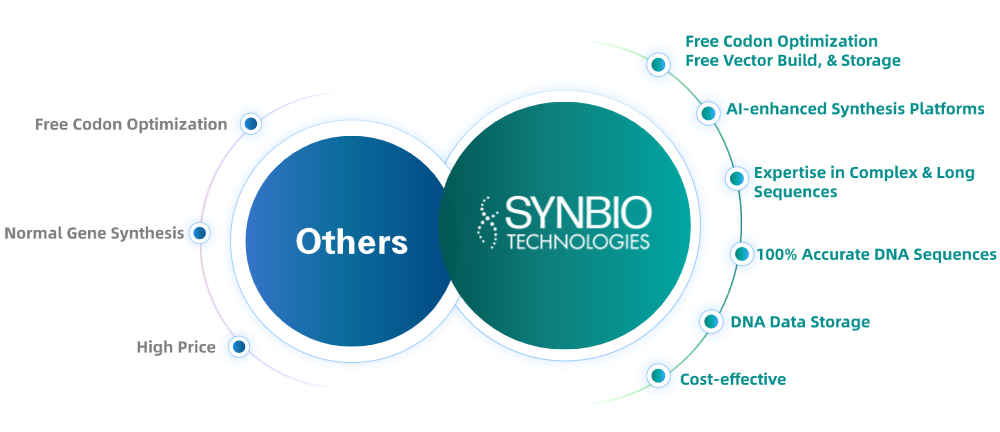
As a professional in the biotechnology sector, I have witnessed firsthand the transformative power of artificial dna synthesis. This innovative technology has not only revolutionized genetic engineering but also opened new avenues for research and product development across various industries. By enabling precise manipulation of genetic material, artificial dna synthesis allows us to create custom sequences that can lead to groundbreaking discoveries and applications.
The Attributes of Artificial DNA Synthesis: A Game Changer in Biotechnology
Artificial DNA synthesis is characterized by its ability to produce tailored nucleic acid sequences quickly and accurately. This precision is critical for applications ranging from gene therapy to synthetic biology. In terms of marketing strategies, companies leveraging this technology can emphasize their capability to deliver customized solutions that meet specific client needs, thereby enhancing customer satisfaction and loyalty. Additionally, the rapid turnaround times associated with artificial DNA synthesis allow businesses to respond swiftly to market demands, positioning them as leaders in innovation.
SgRNA Design: Enhancing Marketing Strategies through Precision Targeting
The design of single guide RNAs (sgRNAs) plays a pivotal role in CRISPR-based genome editing technologies. Effective sgrna design ensures high specificity and efficiency when targeting genes for modification or study. From a marketing perspective, emphasizing our expertise in sgrna design can differentiate our offerings from competitors who may lack such specialized capabilities. By showcasing successful case studies where precise sgRNA led to significant breakthroughs or cost savings for clients, we can build trust and credibility within the scientific community.
The Role of Synbio in Shaping Innovative Marketing Strategies

Synthetic biology (Synbio) represents another frontier where artificial DNA synthesis shines brightly. The integration of Synbio into product development enables organizations to engineer organisms with novel traits or functionalities—an attractive proposition for sectors like agriculture, pharmaceuticals, and biofuels. Our marketing strategies should highlight how Synbio innovations driven by artificial DNA synthesis not only solve existing problems but also pave the way for sustainable practices and products that resonate with environmentally conscious consumers.
Conclusion: Leveraging Artificial DNA Synthesis for Strategic Advantage
In conclusion, artificial DNA synthesis stands at the forefront of biotechnological advancements with profound implications on marketing strategies across various sectors. By focusing on its unique attributes—such as customization capabilities through sgRNA design—and harnessing the potential offered by synthetic biology innovations, we position ourselves strategically within an increasingly competitive landscape while driving forward-thinking solutions that cater directly to market needs.

